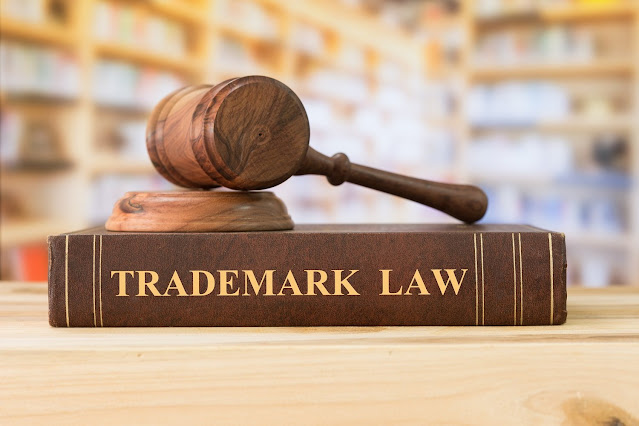What Steps you Should Take in Case of Trademark Infringement?
A trademark infringement refers to the violation of your rights, including logo, names, products, services, etc. There is no requirement that you must register your mark federally with the USPTO office; doing so has many advantages, including providing notice to the public of your possession of the mark, an assumption of ownership worldwide, and the right to use the mark in association with the goods or services listed in the registration.
What
can you do if someone infringes your trademark? Let’s discuss.
Send a Cease-and-Desist Letter
When
an unauthorized person uses your trademark, the first step is to file a case
against that individual or company. Filing a lawsuit can be a lengthy legal
proceeding that will take significant amounts of time and money.
Filing a Trademark Infringement Case
There
are many possible claims that you might make in your trademark
infringement case.
Trademarklaw is meant to preserve consumers. Trademark is helpful for consumers to
differentiate a brand’s products and services from their competitors. However,
under the trademark statute, the court will consider there is confusion between
your mark and the infringing mark.
When
considering whether a confusingly similar mark infringes a trademark, a court
will consider the below factors.
- Whether the
trademark is being used on goods and services
- Whether
consumers are confused by the double use of the mark, and
- Whether the
trademark is being used in the same part of the country or is being used
on similar goods.
Trademark Dilution and Tarnishment
In
addition to claiming there is uncertainty with an infringing mark, you can also
insist that the mark is “tarnishing” or “diluting” yours. Under federal laws
known as dilution statutes, you may go to court to prevent your trademark from
being used by anyone if your mark is famous and other unauthorized brands would
negatively affect the mark’s strength.
Before
hiring a trademark opposition lawyer and filing the case, you
need to use your trademark to prevent others from using it. A business that
claims to own a trademark cannot prevent others from using the same or a
related trademark unless it is actively practicing the trademark itself.




Comments
Post a Comment